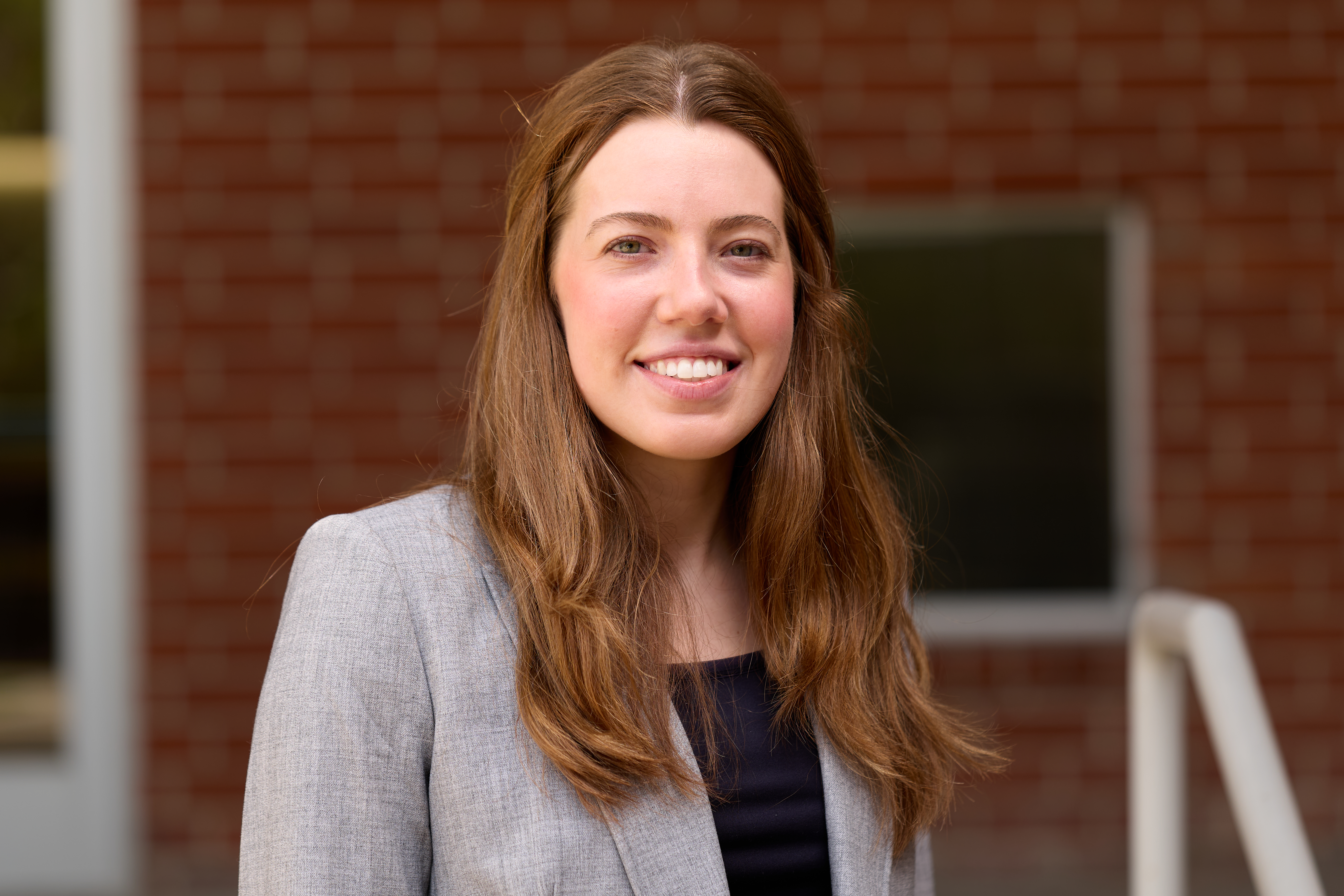
Why were you interested in this fellowship at the Collateral Consequences of Conviction Justice Project (CCCJP)?
I was interested in doing a fellowship after law school because I think fellowships offer a great opportunity to focus on more niche areas of the law. Similarly, I think fellowships often provide recent law graduates with opportunities to do work they may not normally get to do as a first-year attorney. What I liked about this fellowship was that it focused exclusively on post-conviction matters. Often when people think about a criminal case, they view the trial as the culmination of the case, but that is not true. There is often much more to a case after the sentence is handed down. I was excited by the opportunity to work on these matters.
In your own words, what does CCCJP do?
CCCJP does so much, but if I were to try to sum it up briefly, I would say it helps people with previous criminal justice system involvement navigate and access various avenues of post-conviction relief. California has many avenues for post-conviction relief, but they can be tricky to navigate alone. CCCJP represents individuals in a variety of post-conviction proceedings that ultimately aim to give people a second chance.
What are some of the biggest challenges people face when reentering society?
The challenges an individual faces when reentering society are extensive. An individual’s past criminal history can inhibit their ability to secure employment and housing. A criminal conviction can impact an individual’s immigration status, ability to obtain custody of a child, and in some instances, even their ability to travel.
Individuals also face personal challenges upon reentry. The majority of people reentering society have experienced trauma. Additionally, many of their personal relationships have been affected, especially if they were incarcerated for a period of time. It is important to recognize that as individuals confront the more well-known challenges to reentry, such as issues securing employment, they are often concurrently dealing with more personal challenges you cannot always see.
What are systemic solutions/legislative changes that you’d propose to better support people reintegrating into society?
California’s post-conviction laws have changed so much even during the duration of my fellowship. Many offenses that were ineligible to be expunged when I started in 2021 are now eligible for expungement. It is exciting to see not only how much the law has evolved, but the speed at which it has done so. Post-conviction laws, particularly those pertaining to expungements, seem to be changing at a much more rapid pace than other areas of the law. I think a big issue right now is not that post-conviction relief is not available, but that people do not know about what relief is available, if they are eligible for that relief, and how to go about obtaining that relief.
Something I think would be great to see one day would be the creation of a process to allow for the expungement of certain federal offenses. Currently, the only avenue for relief available to an individual with a federal conviction is obtaining a presidential pardon. I recognize that creating such an avenue for relief at the federal level may be met with a lot of pushback, but I think this is partially because people often do not fully understand what an expungement does. People often assume that an expungement wipes someone’s slate clean and makes it as if that conviction never happened. That is not true. When the court grants an expungement, the conviction still exists and can be used against the person if they were to reoffend. The most common purpose of expungements is that they help individuals secure employment. There is no reason why a non-violent drug conviction from thirty or forty years ago should prohibit someone from obtaining meaningful employment today.
What are a few things you’ve found most rewarding about working at CCCJP?
What I’ve found most rewarding about working at CCCJP is seeing the positive impact post-conviction relief can have on an individual’s life. So many of our clients have made remarkable changes in their lives and have overcome unimaginable trauma. So many of them will say that they are not the same person they were at the time of their convictions. It is incredible to see not only the progress they have made in their lives, but how post-conviction relief can give them a second chance. Seeing a client get a job they are excited about is so encouraging.
There are two moments from court hearings that will always stand out for me. The first happened at a hearing for a certificate of rehabilitation. A certificate of rehabilitation is a court order that states that the court has found that an individual who served time in jail or prison for a felony conviction has been rehabilitated. At this particular hearing the judge took time to address our client and acknowledge all the remarkable changes he had made in the thirty years since his convictions and remarked that the certificate of rehabilitation was created for people like him. The other instance occurred at a hearing to vacate a conviction. The district attorney’s office did not oppose our motion and at the end of the hearing our client and the deputy district attorney shook hands. It was a powerful image to show how both sides can come together in pursuit of justice.